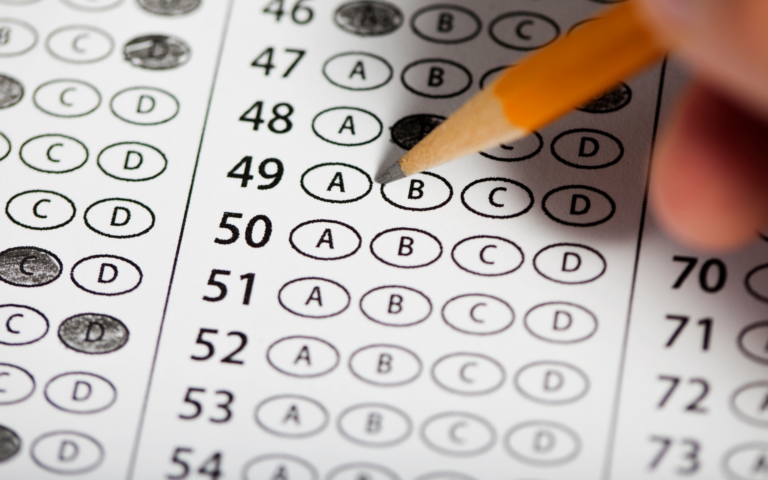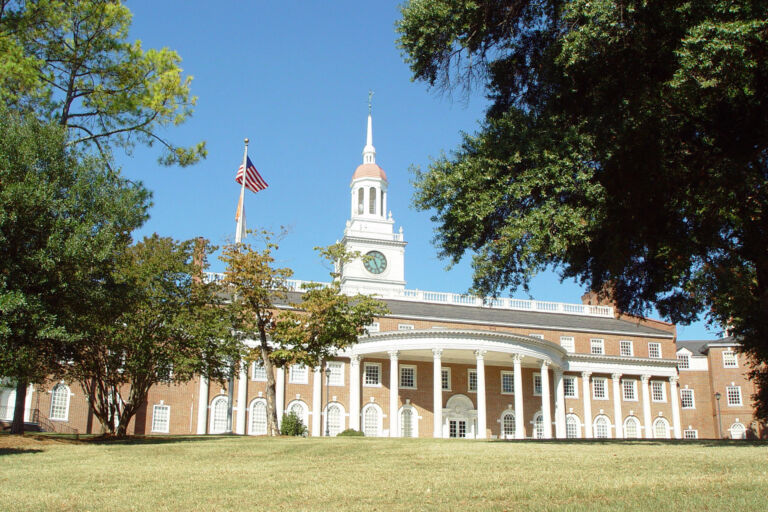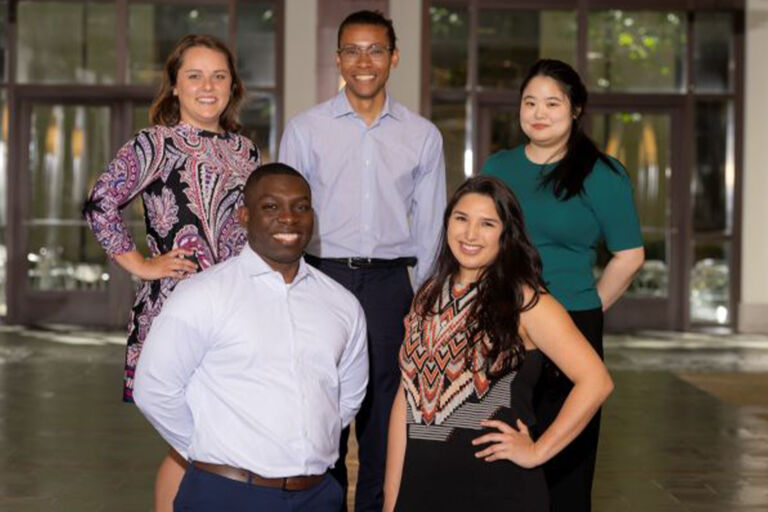Law school applications are on the rebound and most schools are bullish about the future, but that’s not a trend all law schools are enjoying. Two more law schools, Valparaiso University Law School and Arizona Summit Law School, are closing.
Both recently announced they would forge teach-out plans for current students and then cease operations. About 100 second- and third-year students are enrolled at Valparaiso, an Indiana-based school. Arizona Summit, which is located in Phoenix, has 22 students.
Both schools had hoped to weather their most recent woes but could not muster last-second revival efforts. Valparaiso school leaders have spent much of the past year trying to find a new parent university, and they thought they had worked out an arrangement with Middle Tennessee State University in Nashville. Dropping enrollment was one of the reasons it been forced to take such action.
But that plan was dashed when the Tennessee Higher Education Commission voted it down this month. The school was running out of options, as it did not enroll a class this year.
“This has been an extremely difficult decision and is the result of several years of careful discernment,” Frederick G. Kraegel, chairman of the Board of Directors of Valparaiso University, said in a statement. “We have explored a number of strategic alternatives. Despite these efforts, we have not been able to achieve a more positive outcome.”
Arizona Summit had been put on probation by the American Bar Association in March 2017 for being out of compliance with academic standards and for failing to maintain a rigorous program. In June, it notified the for-profit law school that it would lose accreditation and that it could no longer admit new students. The school had vowed to appeal the decision.
But in August, less than two weeks before classes were expected to start, the school informed students it would not offer classes in the fall semester, and advised them to attend other schools as visiting students. About two dozen students transferred to the University North Dakota School of Law for the fall semester, it was reported.
Peter Goplerud, president of InfiLaw, which owns Arizona Summit, told members of the Arizona State Board for Private Postsecondary Education on October 25 that the school is finalizing individualized plans for each remaining student.
Under the plan, the accrediting body would not revoke accreditation until after those students graduate, giving them the opportunity to take the bar exam in any state. Students would continue to take classes at other law schools, and graduate by May 2020. The school would cease all operations at that time.
These closures raise the number of shuttered ABA-accredited law schools to five. Charlotte School of Law in North Carolina; Whittier Law School in Costa Mesa, Calif.; and Indiana Tech Law School in Fort Wayne, have already closed. All were reeling from the law school crisis, which saw applications to law schools plummet. Several tried to keep enrollment up by lowering admission standards, which led to poorer peformance, which led to greater ABA scrutiny.
Arizona Summit has struggled with its bar exam pass rate in recent years. It reported a 20.1 percent pass rate on the July 2017 exam. As shocking as that figure was, it was the third year in a row that the school recorded a passage rate below 31 percent on the Arizona exam. Just nine years ago, the Phoenix school reported a 96.7 percent passage rate on the Arizona exam, highest in the state. By 2013, that figure had dropped to 67.7 percent, and then 30.6 percent in July 2015.
Arizona Summit is one of three law schools that Infilaw System at one-time owned. Charlotte School of Law, was forced to close in summer 2017 after the ABA placed in on probation and the U.S. Department of Education withdrew federal financial aid. The three Infilaw schools sued the ABA in federal court in May, alleging the national accrediting body applies its standards “arbitrarily” while giving a pass to other schools with lower outcomes.
All three schools have run into problems for admitting students who then struggled to pass the bar exam. The ABA has been critical of the students admitted, as evidenced in part by low LSAT scores, and the academic support the school’s provided those students.
Arizona Summit and Charlotte reported a median LSAT of 151 in 2009. Five years later, those scores fell to 144 for Arizona Summit, and 142 for Charlotte School of Law.






